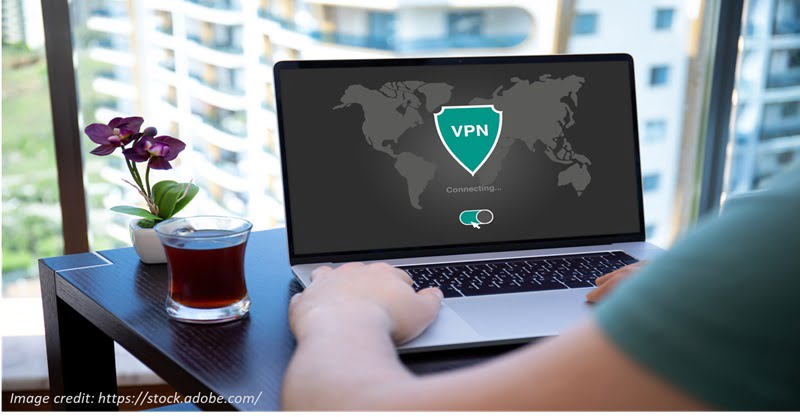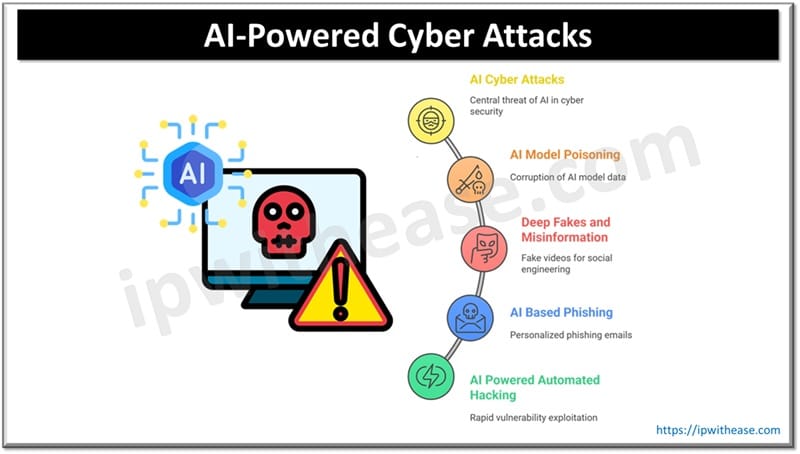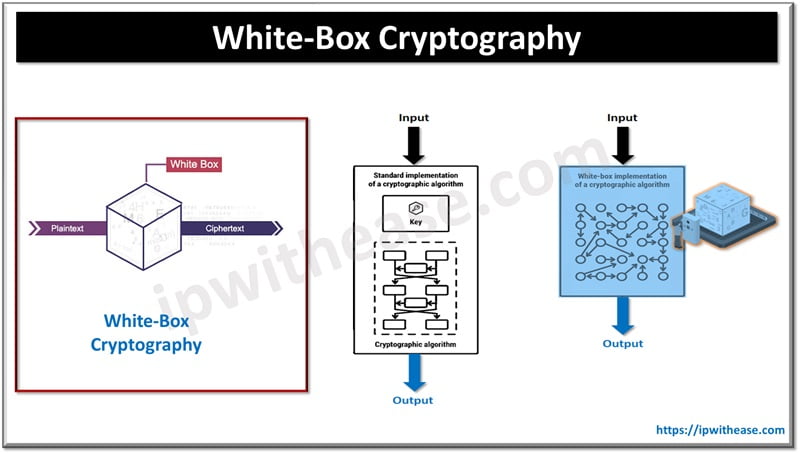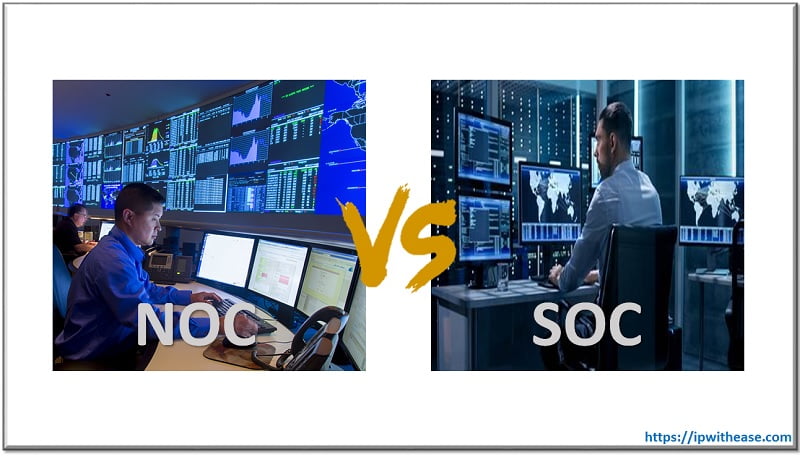In the digital age, safeguarding your online privacy has become paramount. With cyber threats looming large, you can seek robust solutions to protect your online activities. Two popular tools that emerge as frontrunners in this quest for online privacy are Proxies and Virtual Private Networks (VPNs). Each offers distinct advantages and operates under different mechanisms to shield your digital footprint. Understanding the nuances between proxies and VPNs is crucial in determining which tool best suits your online privacy needs.
This article delves into the comparison of proxies vs VPNs and which one is the perfect fit for your online privacy needs.
What are Proxies?
A proxy server acts as an intermediary between your device and the internet. When you use a proxy, your internet request goes to the proxy server first, which then forwards the request to the intended website. Similarly, the response from the website is sent to the proxy server before being relayed back to you. This process masks your original IP address, making it appear that the traffic originates from the proxy server’s location, not your device.

Proxies are useful for bypassing geo-restrictions, accessing blocked content, or conducting market research without revealing your location. They’re available in various forms, including transparent, anonymous, and high-anonymity proxies, each offering different levels of privacy.
Hence, if you’re looking to enhance your online privacy through proxies, finding reliable and effective services is essential. You can get promo codes for proxies to secure deals on reputable proxy services that cater to your privacy needs.
What are VPNs?
VPNs create a secure and encrypted tunnel between your device and the internet. This tunnel ensures that all data transmitted through it is encrypted, thus safeguarding your information from prying eyes. When connected to a VPN, your IP address is hidden, and your internet traffic appears to come from the VPN server’s IP address, not your own.
VPNs are favored for their strong encryption protocols and the comprehensive privacy they offer. They’re ideal for individuals concerned about their online security, especially when using public Wi-Fi networks, as they encrypt all internet traffic, protecting sensitive data from potential cyber threats.

Differences: Proxies vs VPNs
In the digital realm, understanding the tools at our disposal for maintaining online privacy and security is crucial. Two such tools, proxies and VPNs, stand out for their unique capabilities and functionalities. Although both serve the primary purpose of concealing your online identity and activities, they operate quite differently and cater to varied needs.
Some key differences include:
- Scope of Security: Proxies are limited in functionality, securing only the traffic of specific applications or browsers set up to pass through them. In contrast, VPNs provide a blanket of security over all internet traffic from your device, ensuring comprehensive protection.
- Encryption: VPNs are synonymous with strong encryption protocols. They encrypt all data in transit, offering end-to-end protection that makes intercepted data extremely difficult, if not impossible, to decipher. Most types of proxies, however, don’t encrypt data, focusing instead on masking your IP address.
- Use Cases: Given their characteristics, proxies are often used for bypassing geo-restrictions and accessing content with a different apparent location, while VPNs are preferred for secure, private browsing where data interception and privacy breaches are a concern.
Understanding these differences is key to choosing the right tool for your online privacy and security needs. VPNs, with their all-encompassing security and encryption, are better suited for users demanding high levels of privacy and data protection. While less secure, proxies offer a lightweight solution for circumventing content restrictions and simple anonymity tasks.
Related: VPN vs Proxy Comparison Table (PDF)
Choosing What Suits Your Needs
Now that you understand the key differences between proxies and VPNs, the next step is to consider some factors when choosing what suits your online privacy needs. These factors include:
For Basic Privacy And Access
If your primary concern is accessing geo-blocked content or simple IP masking for tasks like web scraping or bypassing regional restrictions on websites, a proxy might be the right choice. Proxies can provide a straightforward solution for such needs without the complexity of encryption that comes with VPNs.
For Comprehensive Security
For users who prioritize security, especially when accessing sensitive information over insecure networks, VPNs are the better option. The encryption provided by VPNs ensures your data’s privacy and security, even using public Wi-Fi networks.
Considerations For Speed And Performance
It’s also worth considering the impact of these tools on internet speed and performance. Since VPNs encrypt data, they can slow down your internet speed more than a proxy would. If speed is a critical factor for your online activities, testing both options to see which performs better under your specific use cases might be beneficial.
Cost And Ease Of Use
Cost and ease of use are other factors to consider. Generally, VPN services might be more expensive than proxy services due to the higher level of security and privacy they offer. However, the rise of affordable and user-friendly VPN services has made them accessible to a broader audience.
Conclusion
In the quest for online privacy and security, both proxies and VPNs serve crucial but distinct roles. With the information mentioned above in mind, your choice between the two should be guided by your specific online activities, privacy needs, and security requirements. As the digital landscape evolves, staying informed about these tools and their capabilities is paramount in safeguarding your online presence.
ABOUT THE AUTHOR
IPwithease is aimed at sharing knowledge across varied domains like Network, Security, Virtualization, Software, Wireless, etc.



